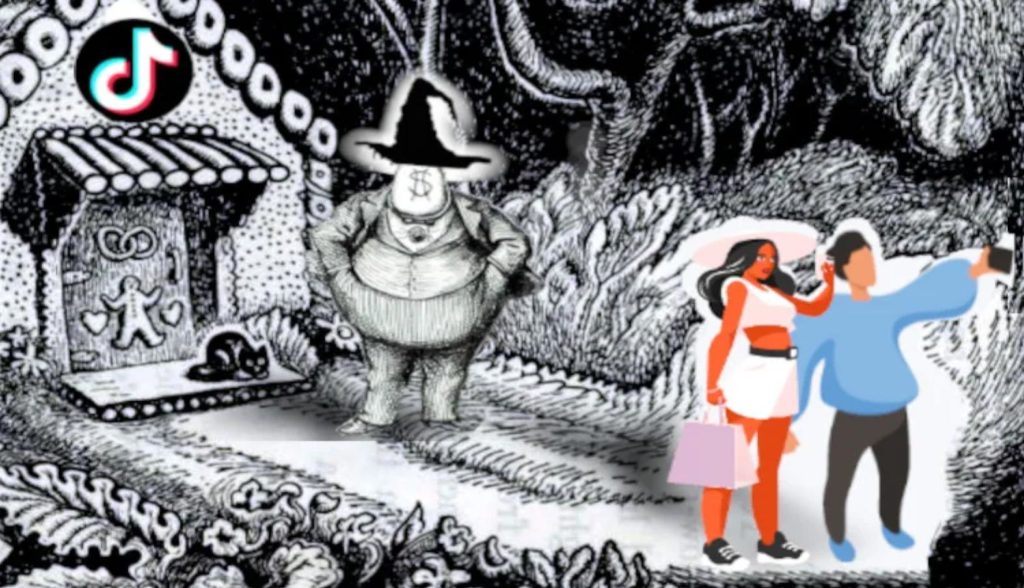The Enshittification of the Internet
Here’s an old Guardian article, to which our attention is drawn by a letter-writer in the Idler magazine.
It’s about the “enshittification” of the Internet (a term borrowed from Cory Doctorow), specifically the decline of Twitter.
Enshittification goes further than Musk’s Twitter (or “X” has he absurdly wants us to call it now) and even social media in general.
For years, so many websites have been plagued by pop-ups, surveys, cookie warnings, paywalls and adverts that are sometimes so full-on as to make the site barely usable.
For example, the adverts on the “Fandom” Wiki, a platform for pop culture fans to add to the collective knowledge of their favourite fictional worlds, are so pervasive that the long-established Memory Alpha (the definitive Star Trek Wiki) has been completely ruined. I dearly wish they’d move the content to another platform. I complain about this so much that my wife bought me a 1999 Star Trek Encyclopaedia for my birthday last year. Being a real book, it is of course ad-free, beautiful, well-written by experts instead of semiliterate randos, mercifully untouched by terrible “NuTrek” additions to the cannon, and it doesn’t take ages to load. Of course, it means I have an embarrassing Star Trek book on my otherwise impeccable bookshelves, but desperate times mean desperate measures.
And then there’s the Guardian itself, the UK’s most prominent so-called Liberal news source. It’s theoretically free and unlimited, but it’s plastered with belch designed to make the site unpleasant in the hopes that you might shell out on a subscription. To me, this deliberate act of enshittification has the opposite effect and I spend far less time on the site than I used to. I certainly won’t give the bullies my lunch money.
Anyway, that Guardian article (after explaining the problems of network effects) ends with:
we are left with the hope that, eventually, enshittification might become so repulsive to users and consumers that they will rebel. For that to happen, though, they will have to remember that other realities are possible – that there was a time when things were better. The world doesn’t always have to go to the dogs.
That’s sort-of what happened with my Star Trek Encyclopaedia, I suppose. My wife remembered there was an alternative reality. If only to shut me up.
Wikipedia remains mercifully unmolested by claptrap (and if you have an account there, which you should, you can change your settings to stop seeing the fundraisers and the “Wiki loves monuments” banners).
You’ll often find that the Old Web is still there, which is why there’s an Old Web review page in our new magazine, to serve as a guide to non-enshittified places on the Web.
Elsewhere, you can limit your exposure to website (and YouTube!) ads using AdBlock Plus, which I’ve been using to great effect for decades but which I’m surprised to find people often don’t know about.
I hereby promise that the New Escapologist website will never fall to enshittification. This is partly on principle but also partly because I don’t know how to make a pop-up even if I wanted to. Even so, you could buy our print editions, which are literally impossible to enshitten.





Hi all,
Here I send you another option for de-enshitting most websites and still being able to see almost everything (it works fine with theguardian’s website) if you use firefox:
https://addons.mozilla.org/en-US/firefox/addon/noscript/
Best regards, stay healthy,
Ricardo